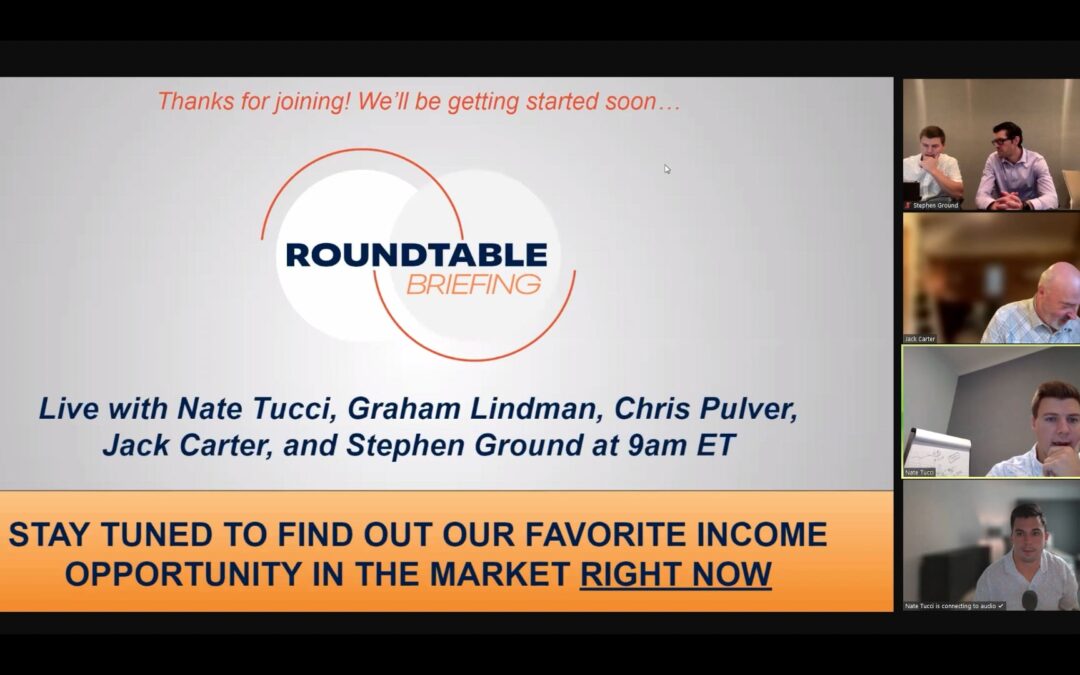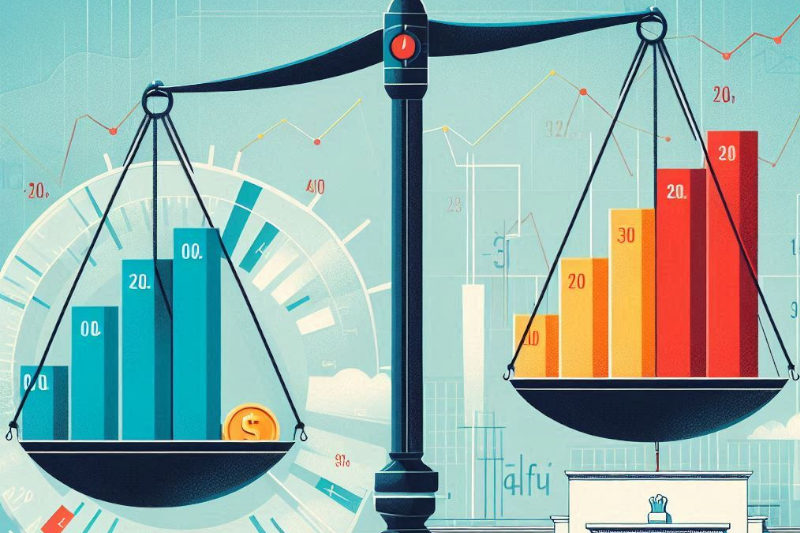With the regular stock market closed yesterday, Jeffry did a deep dive into crypto on yesterday’s Morning Monster.
He went over some of the more unique properties that make digital currencies different from stocks.
First and foremost, crypto trades 24/7 — It’s the market that never sleeps.
That’s why he was able to do live market analysis yesterday while the stock market was closed for the Memorial Day holiday.
Next up, the price is not always the price. Bitcoin and other cryptocurrencies trade on cryptocurrency exchanges, and there is no centralized exchange. In fact, there are 770 crypto exchanges!
This one is a big shock to most folks coming from the regular stock market where we have the benefit of a centralized exchange like the Nasdaq or the New York Stock Exchange (NYSE).
Imagine wanting to trade AAPL, but having to check prices at a dozen or more exchanges in order to make a good trading decision.
This highlights the decentralized nature of cryptocurrencies, but also the need for the market to continue to mature and become less of a “Wild West” environment.
This actually creates opportunities for enterprising traders to do what is called “crypto arbitrage”, where they maintain accounts at several different exchanges and take advantage of price discrepancies.
Then of course, you have the sheer number of cryptocurrencies.
Bitcoin might be the most well-known and largest cryptocurrency by market cap, but it is far from the only one. As Jeffry pointed out, there are 2.4 million cryptocurrencies — far too much for any one person to keep tabs on.
The big ones are well known: Bitcoin, Ethereum, Tether, Solana. But with over 2 million cryptocurrencies, we quickly get down to the “penny stocks” of the crypto world with names like Markaccy, Zugacoin, MineBee and ZOM.
Next up, with a market cap of $1.339 trillion, Bitcoin is by far the largest cryptocurrency in terms of market cap. In fact, it’s over 51% of the $2.607 trillion crypto market, which is why it has such an outsized effect on the cryptocurrency market as a whole.
Now, going back for a moment to the number of exchanges: The fact that there are 770 exchanges, means that there is no one stop shop.
Not only because you’d be well advised to check different exchanges for the price of the cryptocurrency you want to trade… But also because not every exchange supports trading every cryptocurrency.
This means that selecting a crypto exchange comes down to figuring out what you want to trade — and picking from a list of exchanges that support your chosen cryptocurrency.
Now, all of this might seem like a pain to someone coming from the regular stock market, so Jeffry made it a point to highlight that the crypto market is still in its infancy.
Well, technically it’s in its teenage years. Bitcoin, as the first cryptocurrency, was first dreamed up in a white paper back in 2009, which would put it at 15 years old right now.
Now think back to the early days of the Internet: Slow dial-up modems, little if anything in the way of online shopping, hardly any regulation… people hardly knew what to do with it.
Jeffry tells us that Bitcoin now is like the Internet was in its early days, and that in 20 or 30 years, the places crypto will take us are as unimaginable as Facebook and Netflix were to folks on the early Internet.
In fact, the slew of Bitcoin spot ETFs that make it possible to trade Bitcoin directly from a regular brokerage account were only approved less than 6 months ago.
This marks a significant step in the maturing of the crypto market, opening the door for more institutional and retail investors to get involved.
And remember, the internet really took off when the masses came online. As the mainstream investor gets more involved with cryptocurrencies, we’re expecting to see that same kind of parabolic growth and value creation we saw back when the internet was in the same stage.
Get Jeffry’s full crypto rundown on yesterday’s Morning Monster.
— The Jeffry Turnmire Trading Team
Tap Into Government Waste…
We’ve all heard of wasteful government spending… but this is OUTRAGEOUS!
Nearly $500 for a wrench? $21,000 for a garbage can? Not even if it was made of gold and encrusted with precious gems!
It’s not just wasteful… it’s SHAMEFUL!
But what if you could tap into the companies receiving these wasteful government funds and turn it to your benefit??
Discover the Profit Sharing Payments strategy!



